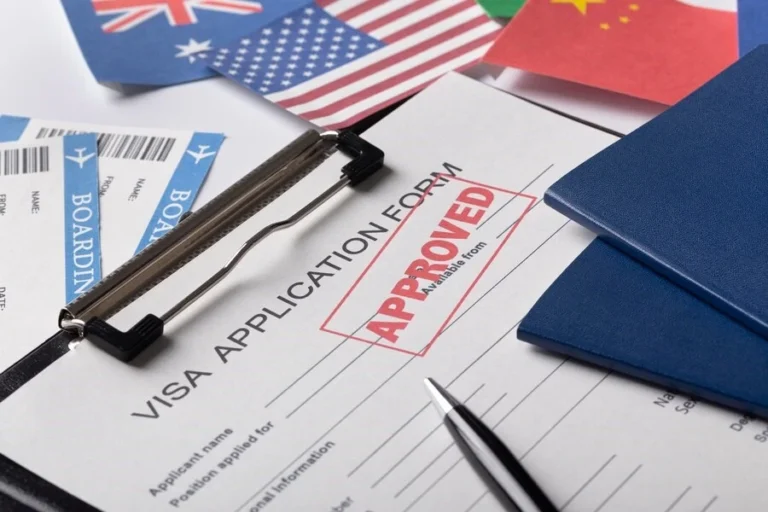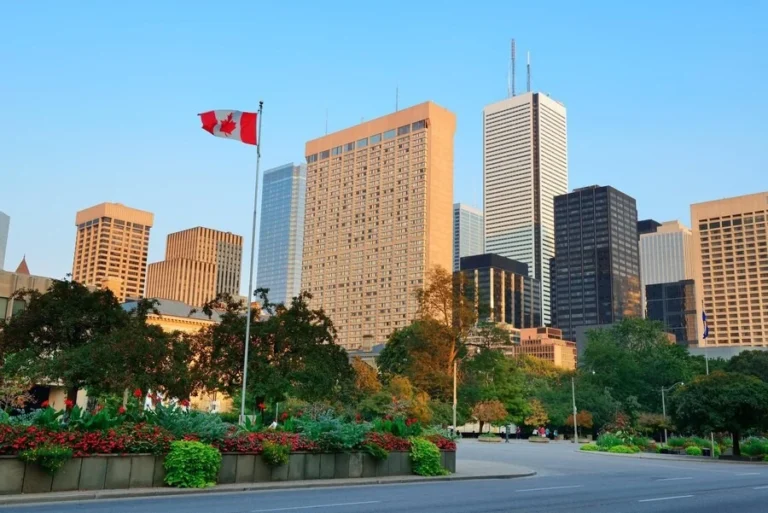Navigating the Complexities of Immigration in the UK
In recent years, immigration has been a hot-button issue, not just in the UK but globally. As one of the most culturally diverse countries in the world, the United Kingdom has a long history of immigration, with people from all corners of the globe making it their home. However, navigating the complexities of immigration laws and policies in the UK can be daunting for many. In this comprehensive guide, we’ll explore various aspects of immigration in the UK, from the types of visas available to the process of becoming a citizen.
Understanding the Basics
Before delving into the specifics, it’s essential to have a basic understanding of some key terms and concepts related to immigration in the UK.
1. Visa: A visa is a document issued by the government that allows individuals to enter, stay, or work in a country for a specified period.
2. Immigration: Immigration refers to the movement of people from one country to another for the purpose of settling permanently.
3. Citizenship: Citizenship is the status of being a member of a particular country, with all the rights and responsibilities that come with it.
Types of Visas
The UK offers various types of visas to cater to different immigration needs. These are a few of the most typical ones:
1. Visitor Visa: This visa is for individuals who wish to visit the UK for tourism, or business, or to visit family and friends. Usually, stays of up to six months are permitted.
2. Work Visa: Work visas are for individuals who have been offered a job in the UK and wish to work there temporarily or permanently. There are different types of work visas available, depending on factors such as skill level and the kind of work.
3. Student Visa: Student visas are for individuals who wish to study at a UK educational institution. They are usually granted for the duration of the course.
4. Family Visa: Family visas are for individuals who wish to join family members who are already living in the UK. Spouses, kids, and other dependents are included in this.
5. Settlement Visa: Settlement visas, also known as Indefinite Leave to Remain (ILR), are for individuals who wish to settle permanently in the UK.
The Immigration Process
The process of immigrating to the UK can be lengthy and complex. An outline of the usual stages involved is provided below:
1. Determine Eligibility: The first step is to determine which type of visa you are eligible for based on factors such as your reason for coming to the UK, your qualifications, and your personal circumstances.
2. Gather Documentation: Once you’ve determined your eligibility, you’ll need to gather the necessary documentation to support your visa application. This may include things like passports, proof of employment or study, financial statements, and medical records.
3. Complete the Application: The next step is to complete the visa application form, either online or in paper form, and submit it along with your supporting documents to the relevant immigration authorities.
4. Attend Biometrics Appointment: Depending on the type of visa you’re applying for, you may need to attend a biometrics appointment to have your fingerprints and photograph taken.
5. Wait for a Decision: After submitting your application, you’ll need to wait for a decision to be made. This can take anywhere from a few weeks to several months, depending on the type of visa and the volume of applications being processed.
6. Receive Visa: If your application is approved, you’ll receive your visa either by mail or in person at a visa application center.
Challenges and Considerations
While the UK has a long history of immigration and is known for its diverse population, the immigration process is not without its challenges and considerations. Among the crucial concerns to be mindful of are:
1. Immigration Policies: Immigration policies in the UK are subject to change, and what may be permissible one year may not be the next. It’s essential to stay informed about any changes to immigration laws and regulations.
2. Brexit: The UK’s decision to leave the European Union, known as Brexit, has had significant implications for immigration. While EU citizens still have certain rights to live and work in the UK, there have been changes to the immigration rules for EU nationals.
3. Financial Considerations: Many visas require applicants to meet certain financial criteria, such as having a minimum level of income or savings. It’s essential to consider the financial implications of immigrating to the UK.
4. Integration: Moving to a new country can be challenging, and it’s essential to consider factors such as language barriers, cultural differences, and access to healthcare and other services.
Conclusion
Immigrating to the UK can be a rewarding experience, offering opportunities for personal and professional growth, as well as the chance to experience life in a vibrant and diverse country. However, it’s essential to be aware of the complexities of the immigration process and to approach it with careful planning and consideration. By understanding the various types of visas available, the immigration process, and the challenges and considerations involved, you can navigate the path to immigration in the UK with confidence.






